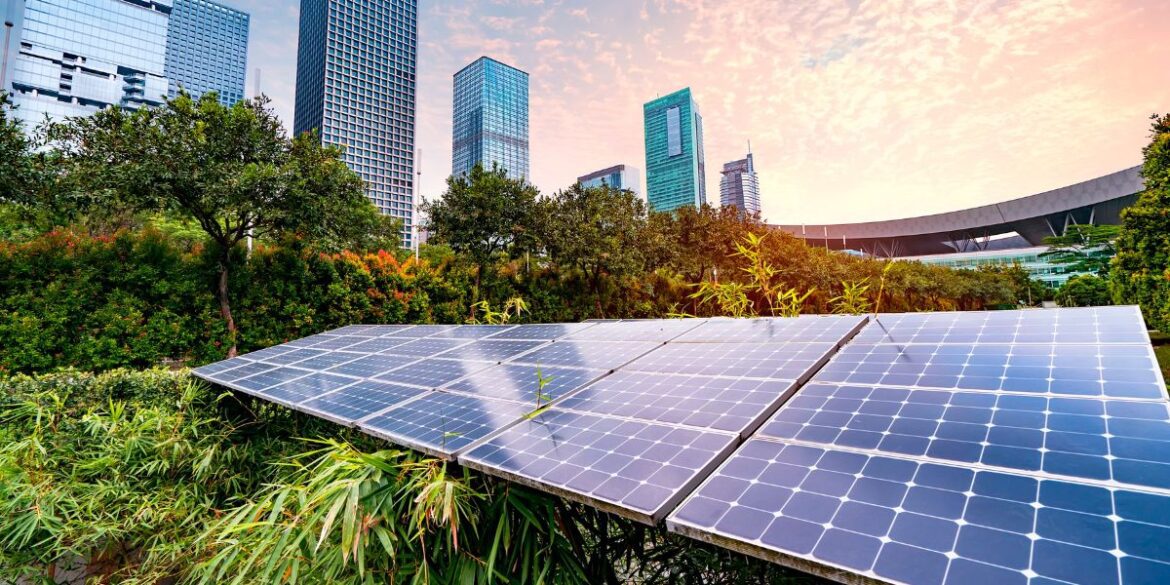On March 22, Earth Hour brought the world together once again, as millions of individuals across over 190 countries participated in the symbolic act of turning off lights from 8:30 to 9:30 PM local time. The gesture, meant to emphasize the urgent need for climate action, resonated deeply this year amid significant developments in global energy trends.
Major landmarks—from the Eiffel Tower in Paris to the Sydney Opera House—dimmed their lights in unison, sending a powerful message about collective responsibility in the face of climate change. Organized by the World Wide Fund for Nature (WWF), Earth Hour 2025 was more than just a symbolic event; it mirrored a growing global shift toward sustainable practices.
According to the International Energy Agency’s (IEA) latest annual review, the world is beginning to witness a decoupling of carbon emissions from economic growth. This progress is being driven by expanding deployment of renewable energy technologies, including solar panels, wind turbines, nuclear power, electric vehicles (EVs), and heat pumps. Collectively, these solutions are now contributing to a reduction in global CO₂ emissions equivalent to 7% annually—a notable milestone in the battle against climate change.
Despite the continued prevalence of fossil fuels in the global energy matrix, Earth Hour underscored a rising tide of consumer awareness and corporate responsibility. Public sentiment and corporate ambition are increasingly aligned toward sustainability, with many companies setting science-based targets and governments implementing stricter regulations to curb emissions.
This momentum was reflected in financial markets, where clean-energy stocks received modest yet noticeable support. The growing appeal of Environmental, Social, and Governance (ESG) investment mandates further strengthened investor confidence in green technologies. Analysts noted a steady increase in capital flowing toward renewable infrastructure projects and climate-aligned funds.
Policymakers responded as well, with several municipal governments using Earth Hour as a platform to announce new climate pledges, including commitments to phase out internal combustion engine vehicles, enhance public transit networks, and invest in local renewable energy production.
Ultimately, Earth Hour 2025 served not only as a global call to action but also as a reflection of how climate consciousness has moved from the periphery to the heart of global discourse. The energy transition is no longer a niche agenda—it is a central pillar of public policy, corporate strategy, and investment decision-making. As the lights came back on, the message remained clear: sustainability is now a mainstream imperative shaping the world’s future.

